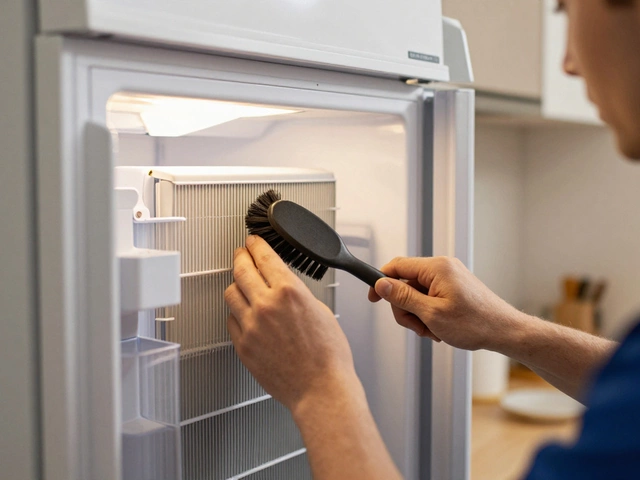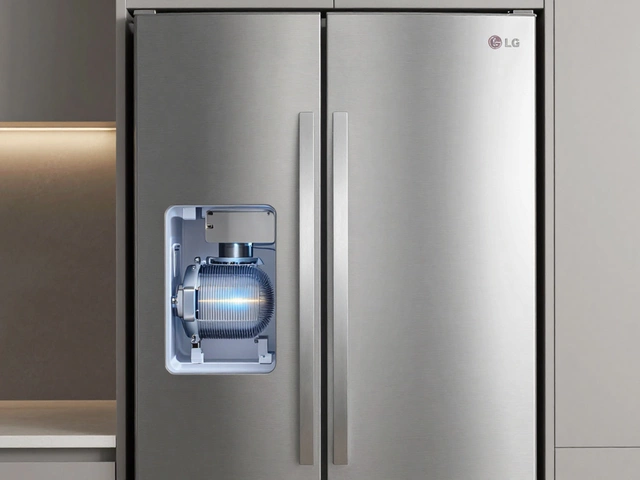Refrigerator Tips
When talking about refrigerator tips, quick, practical advice that helps you keep your fridge running smoothly, save money and avoid surprise breakdowns. Also known as fridge advice, these tips cover everything from daily habits to when you should call a professional.
First up, refrigerator repair, the process of diagnosing and fixing faults in a fridge’s cooling system, door seals, or electronics is often cheaper than buying a new unit. Refrigerator repair usually starts with checking the temperature settings, cleaning condenser coils, and listening for odd noises. If the compressor clicks or the fridge stops cooling, a qualified tech can test the start relay and thermistor. Repairing a leaking door gasket is a simple DIY job that can save a few hundred pounds in energy waste. Remember, a well‑maintained fridge uses about 15% less electricity, which adds up over a year.
When the cost of parts or labor climbs above half the price of a new model, fridge replacement, the decision to buy a new refrigerator instead of fixing the old one becomes sensible. Look for a unit with an Energy Star rating and a capacity that matches your household’s needs. A larger fridge with a high‑efficiency compressor can actually lower your bill if your old model is over ten years old. Before you toss the old one, consider donating it for parts – many charities accept working appliances at a reduced price.
Energy Savings and Ice Maker Care
Choosing an energy‑efficient fridge, a refrigerator built to use less power while maintaining optimal cooling is the cornerstone of long‑term savings. Look for features like variable speed fans, adaptive defrost, and LED interior lighting. Keep the fridge at 37‑40°F and the freezer at 0°F; anything colder wastes energy. Also, avoid overloading shelves – air needs to circulate to stay cool.
The ice maker, the built‑in component that produces ice cubes in many freezers can be a hidden source of problems. If you notice small or misshapen cubes, clean the water line and check the filter. A clogged filter reduces water flow and stresses the motor, leading to louder operation. Replacing the filter every six months keeps the ice clear and the maker quiet.
All these points connect in simple ways: refrigerator tips encompass energy‑saving habits, refrigerator repair requires proper diagnostics, and ice maker performance influences overall fridge efficiency. Below you’ll find a curated list of articles that dive deeper into each of these areas, from DIY coil cleaning to choosing the right replacement model. Explore the guides to get actionable steps you can apply right now and keep your kitchen running smoothly.
Your refrigerator suddenly stopped working, and now you're stuck with warm sodas and wilting lettuce. Before you panic or call for repairs, there are a few simple things you can check on your own. From power source issues to clogged vents, this guide will walk you through the basics of fridge troubleshooting. Save the hassle and possibly some cash by starting with these easy tips.


